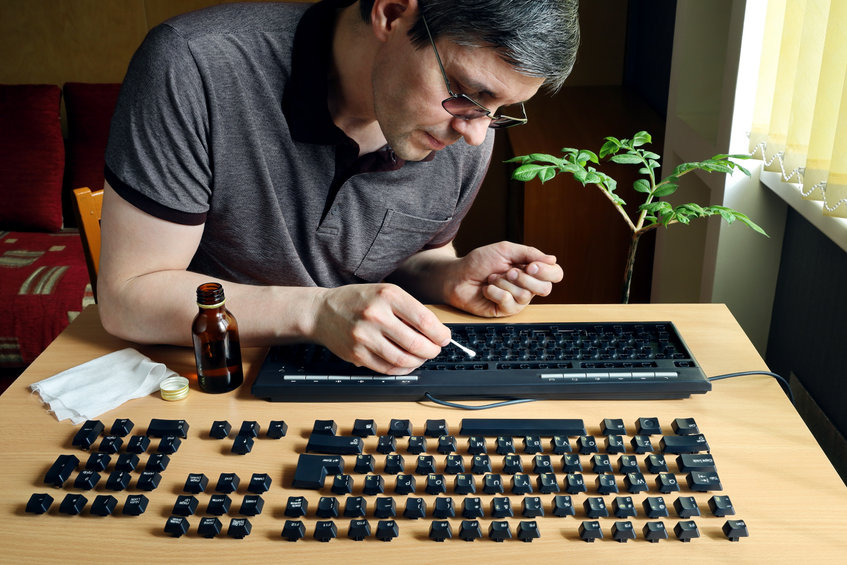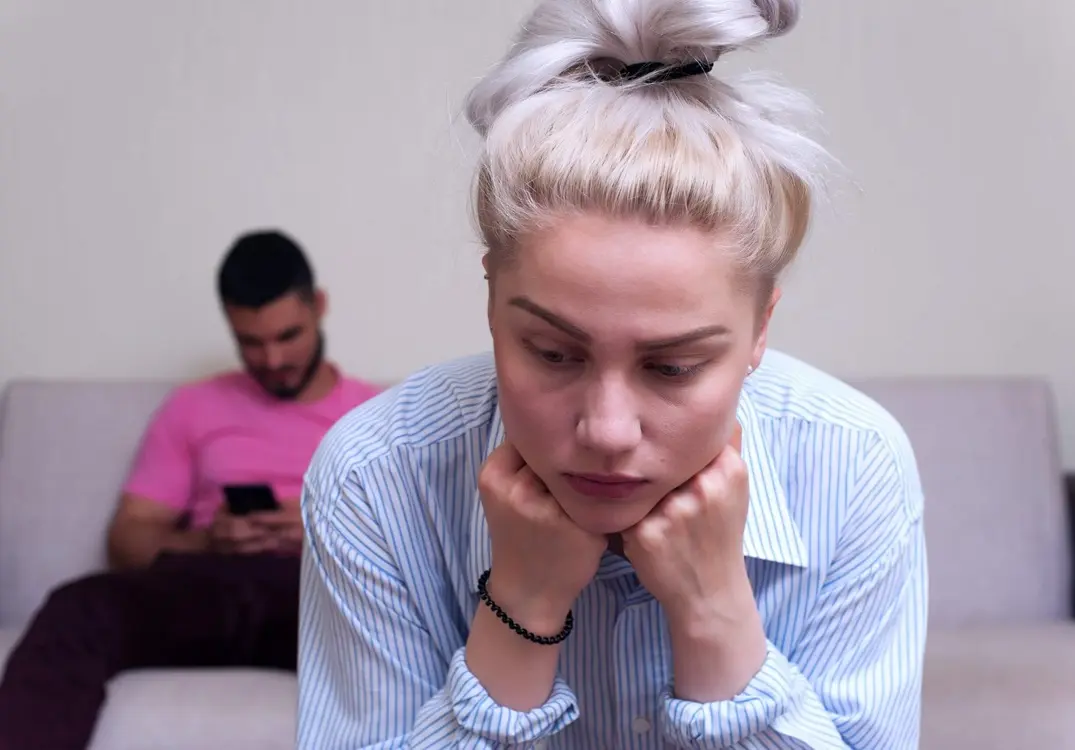Do you or someone you know seem overly preoccupied with rules, regulations, and orderliness? Do things often need to be done “a particular way” or “the perfect way?” If so, it may be Obsessive-Compulsive Personality Disorder, or “OCPD.”
What Is OCPD, Exactly?
OCPD is a personality disorder. A personality disorder is a characteristic style that is constant across many domains of life (i.e. work, relationships, etc.) and is often rigid. It also causes significant interference with one’s life.
OCPD involves an excessive focus on rules, regulations, and has a perfectionistic quality. Someone struggling with OCPD may show excessive focus on details, spend excessive time on work at the cost of other things, have difficulty in the delegation of tasks, and be unusually stubborn. It’s not hard to see how these qualities can affect multiple areas of someone’s life.
OCD vs OCPD
It’s important to understand that OCPD differs from OCD, which is Obsessive-Compulsive Disorder. OCPD is an all-encompassing personality style that focuses broadly on rules and involves rigidity and perfectionism in multiple areas of life. In contrast, OCD involves specific “obsessions” (or intrusive thoughts/images) and specific “compulsions” (rituals that are intended to get rid of or cope with intrusions). For example, someone struggling with OCD may have intrusive worries about contamination (obsessions) and, as a result, may wash their hands excessively (compulsions). This is a typical example of the link between obsessions and compulsions in OCD.
Someone with OCPD may struggle in multiple areas of life due to their rigid and perfectionistic personality style. They may miss deadlines at work due to excessive time spent on projects, extreme attention to detail or inability to delegate tasks. Or, they may struggle in their marriage due to rigid beliefs and expectations, and therefore have difficulty in resolving conflict. Often, those with OCPD also attempt to impose those rules and order on others, which can further impact work productivity and relationship quality.
Is There Anything That Helps?
Due to the difficulties described above, people with OCPD often suffer from anxiety and/or depression. This can be partly due to the limited quality of life as a result of extreme rigidity. So, how can someone struggling with OCPD help themselves? Well, good news! There are some proven strategies that can help someone with OCPD change their behavior in a way that will help them better adapt to everyday challenges. These skills are based on cognitive-behavioral therapy (CBT) and are detailed below.
CBT-based skills of challenging OCPD involve:
- Focusing on balance, moderation, and increasing flexibility in thought and behavior. In other words, practice “going with the flow.”
- Practicing breaking (or bending!) rules or changing routines and tolerating the discomfort that can accompany that change in behavior.
- Practicing mindfulness and relaxation training to help reduce a sense of urgency in completing tasks.
Overall, OCPD is a personality profile that can take a hefty toll in multiple areas of life. We hope that these skills help you or a loved one reduce the impact of OCPD on life. For diagnostic questions or other inquiries, please contact us at Manhattan Center of CBT.









